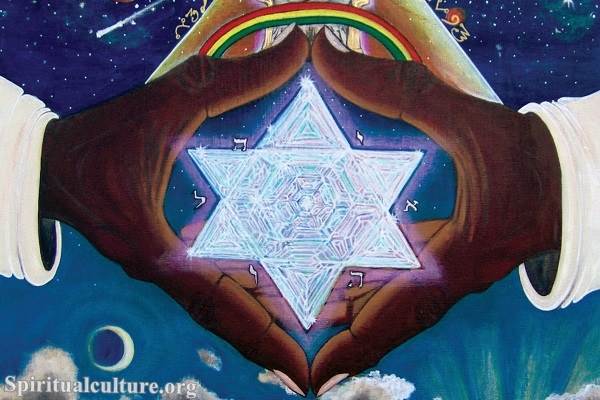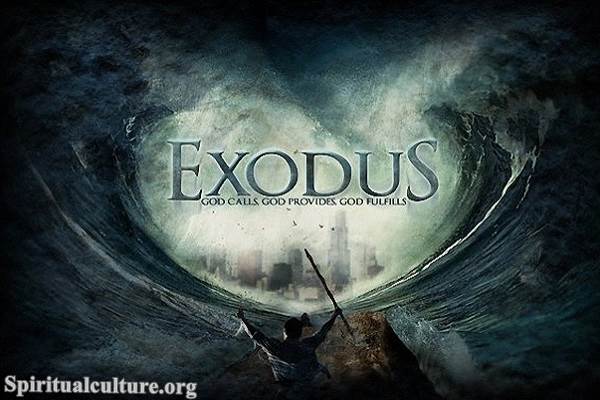The figure of Moses is a cornerstone in Judaism’s spiritual and historical narrative. His story, as told in the Bible, is deeply woven into the fabric of Jewish culture and identity. Moses revered as a prophet, lawgiver, and leader, had a life story that was both miraculous and inspiring. He is best known for leading the Israelites out of Egypt, an event celebrated in the Jewish festival of Passover, and for receiving the Ten Commandments from God on Mount Sinai.
Moses in Judaism
In Judaism, Moses is considered the greatest prophet who ever lived. His unique status is highlighted in the Torah, where he is referred to as “Moshe Rabbenu” or “Moses our teacher.” His teachings, particularly the laws he received from God, form the basis of Jewish law, or halakha, which guides the daily lives of observant Jews.
Moses’ life story begins with his birth in Egypt during a time of intense persecution against the Israelites. To protect him, his mother placed him in a basket and set him adrift on the Nile River. He was found by the Pharaoh’s daughter and raised as an Egyptian prince. However, after witnessing the suffering of his people, he chose to reject his royal privilege and lead the Israelites out of bondage.
This Exodus, led by Moses, is a pivotal event in Jewish history. It is commemorated each year during the Passover holiday, where Jews around the world retell the story of their ancestors’ liberation from slavery. Moses’ role as a liberator and leader is central to this celebration.
Moreover, Moses’ encounter with God on Mount Sinai, where he received the Ten Commandments, is another significant event in Judaism. These commandments form the ethical and moral backbone of Jewish law and tradition. The receipt of the Ten Commandments is celebrated during the Jewish holiday of Shavuot, further emphasizing Moses’ significance in Jewish religious life.
Moses and Jewish History
The story of Moses is not just a religious narrative but a crucial part of Jewish history. The Exodus represents the birth of the Jewish nation, with Moses as its founding leader. His leadership during this period of trials and tribulations is often cited as an example of faith, courage, and dedication to God’s will.
The laws that Moses received on Mount Sinai, collectively known as the Torah, are the foundation of Jewish society and governance. His teachings have shaped Jewish communities throughout history, influencing their social, legal, and ethical structures. Even today, the laws of Moses continue to guide Jewish life, from religious rituals to ethical conduct.
The figure of Moses also plays a significant role in Jewish thought and philosophy. His dialogues with God, as recorded in the Torah, are often analyzed and interpreted in Jewish theological studies. His life and actions are seen as models of faith, humility, and leadership.
Conclusion
Moses is more than just a historical or religious figure; he is a symbol of liberation, faith, and law in Jewish culture. His life story and teachings continue to inspire and guide Jews worldwide, making him a central figure in both Judaism and Jewish history. The legacy of Moses serves as a testament to the enduring strength and resilience of the Jewish people, their faith, and their commitment to the laws given by God. His story is not just about the past but continues to resonate in the present, shaping Jewish identity and values.



